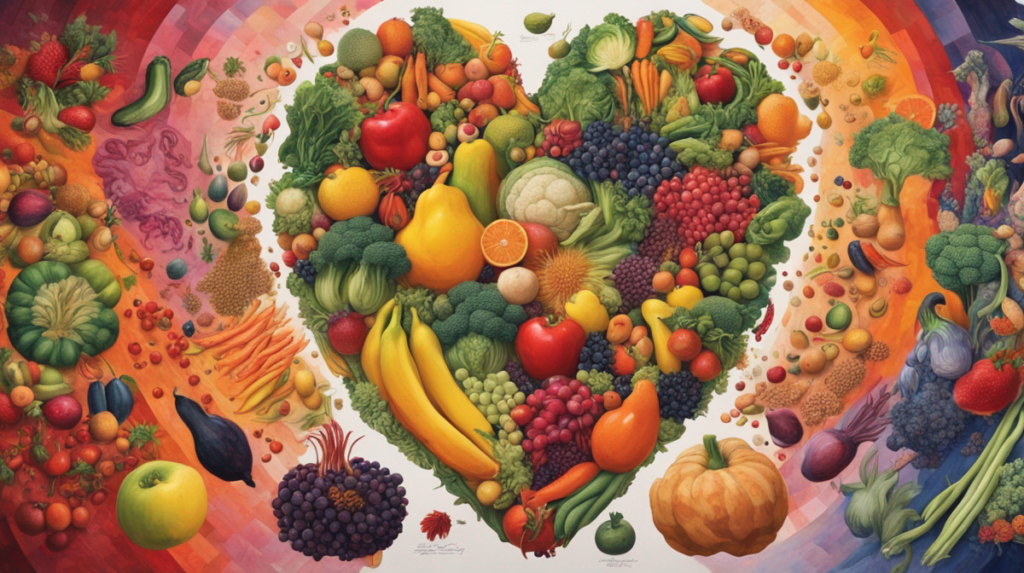
It’s widely accepted that what we eat can impact our physical health. But, can our diet also influence our emotions and overall mood? The answer, increasingly supported by scientific research, is a resounding ‘yes’.
Understanding the Food-Mood Connection
Our brains operate optimally with the right fuel. The nutrients we consume can effectively influence the structure and function of our brains, impacting our thoughts, feelings, and behavior. Substances found in certain foods interact with neurochemical processes, modulating mood and cognitive abilities. Therefore, the food and mood connection is more profound than we initially thought.
The Role of Gut Health
Recent findings point towards the gut-brain axis – a bidirectional communication line between our gut and our brain – as a mediator in the role played by diet in mental well-being. Food impacts gut bacteria, which in turn can affect our mental health. So, a diet fostering favorable gut-health can support positive moods and emotions.
(Read Also: Discover the Mediterranean Diet: Unveiling its Health Benefits and Tempting Recipes)
The Impact of Different Foods on Mood
Different nutrients have varying impacts on our mood and emotions. Proteins, for example, aid in the production of alertness-inducing neurotransmitters, while carbohydrates contribute to the production of mood-calming serotonin. Omega-3 fatty acids found in fish and chia seeds can boost brain health and mood, while a diet high in processed food links with increased risk of depression.
Practical Tips: Diet for Emotional Well-being
Eating a balanced diet rich in fruits, vegetables, lean proteins, whole grains, and healthy fats can contribute to better emotional well-being. Regular hydration, mindful eating, and avoiding excessive caffeine, alcohol, and sugary foods can also have positive impacts.
(Read Also: Maximize Your Nutrition: 10 Quick & Healthy Eating Hacks for the Always-On-the-Go)
Addressing Controversies and Debates
While there’s general agreement on the importance of diet in emotional well-being, specifics vary widely among experts. Personal and cultural dietary habits, metabolic health, and nutritional genomics play a role in the complex interplay between food and mood. There is no one-size-fits-all approach to diet and emotional health. Individual guidance from health professionals can help optimize dietary choices for mental health.
Despite ongoing debates, the role of diet in our emotional well-being remains a vital research field. With continued exploration, we can better understand and leverage the food and mood connection to bolster our mental health.
Last modified: 19 December 2023


















